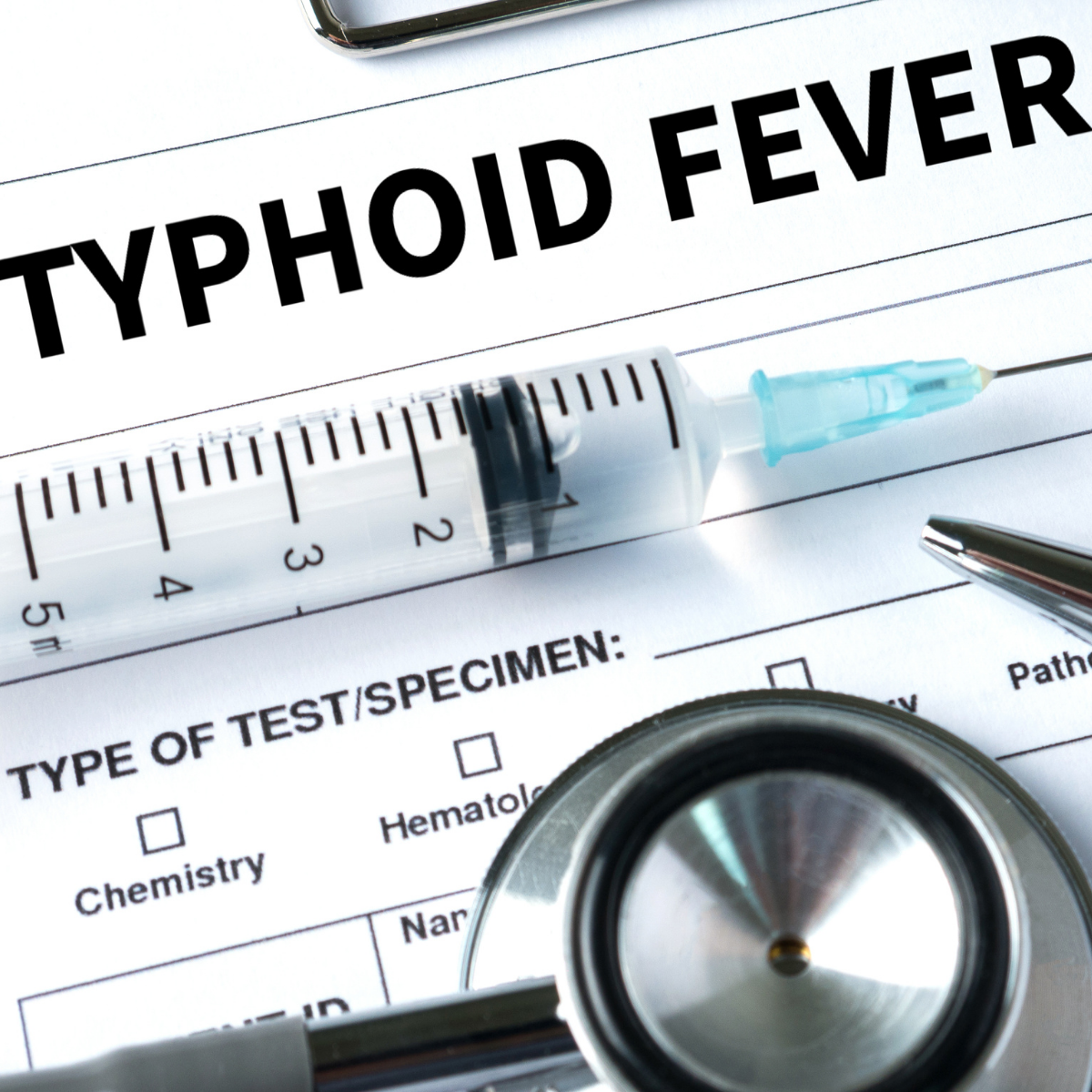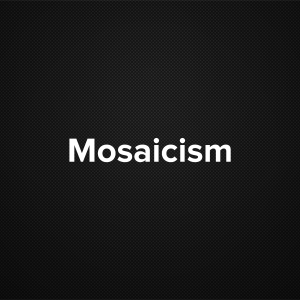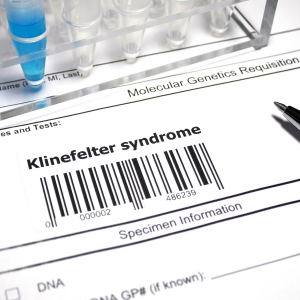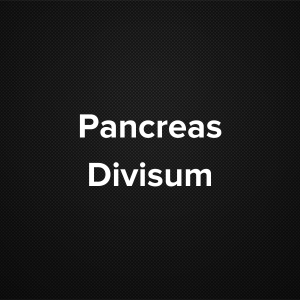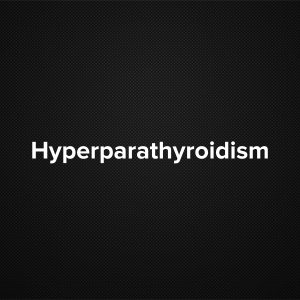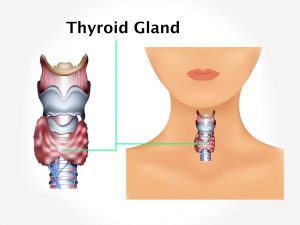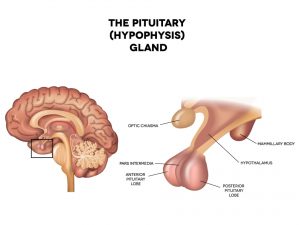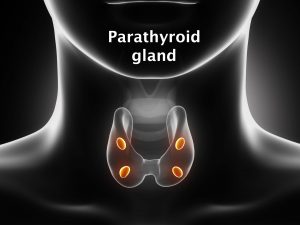Causes and risk factors
The infection spreads by food, flies, fomite, feceas and fingers. The important factor for spread of infection is contaminated food and water. The organism’s gains entry by ingestion. After entering the stomach they travel to the intestine and reach the blood too. Lymph nodes, gall bladder, liver, spleens are other parts of the body which are affected.
Clinical presentation:
The symptoms usually occur 5-14 days after the bacterial ingestation.
The cardinal symptom of typhoid infection seen is the fever which increases in the step ladder pattern. The temperature is higher in the evening than in the morning.
The other common complaints with which the patient can come up are headache which is mostly frontal, constipation, nausea, vomiting, weakness, cough, sore throat, diarrhea. Pain in abdomen and enlargement of the liver and spleen is seen.
Investigations:
The diagnosis is confirmed on the basis of the symptoms narrated by the patients and certain physical examination is carried by the doctor. Certain sets of investigations can also be advised which will aid in the confirmation of the disease. Blood and stool cultures are diagnostic tests.
The other tests include the complete blood count, urine routine and Widal test.
In severe cases an X-ray of chest and USG of abdomen are suggested.
Treatment:
Rest is important part of treatment. Diet should consist of adequate liquids like milk, fruit juices. Electrolyte balances is to be maintained .Antibiotic therapy is started. Good antibiotics have got down the rate of mortality. Depending upon the symptoms severity hospitalization and intravenous fluid administration is initiated.
Typhoid vaccination is one of the major prophylaxes. Maintaining personal and environmental hygiene is an essential step which should be implemented. Treatment of water, disposal of waste and protecting the food supply from contamination are important health measures.
Other Modes of treatment:
Certain other modes of treatment can also be helpful in coping up the disease. Taking into consideration the symptoms in holistic way, homoeopathy can offer a good aid for the relief of the symptoms.
Recent updates:
The publication given by Universität Basel has now uncovered how the typhoid pathogen repeatedly manages to evade the host’s immune system.
The welcome trust has also mentioned how restricting the use of antibiotics is unlikely to stop the spread of drug resistance in typhoid fever.
